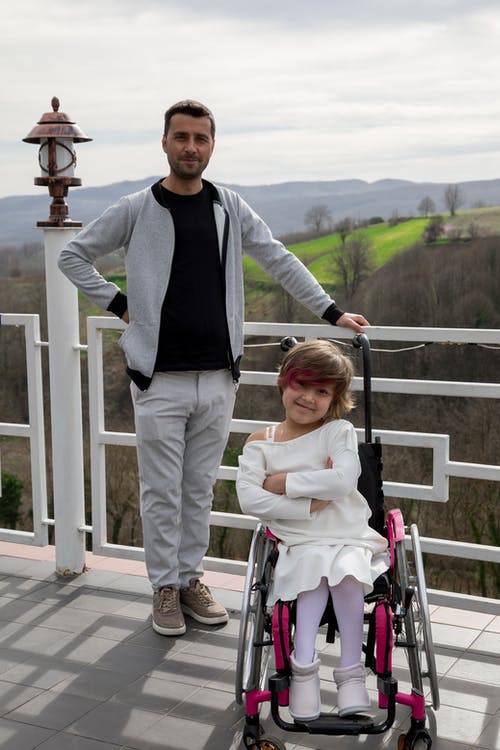
Care For Disabled Children – Make Sure You Choose the Right One
Home care for disabled persons is merely practical assistance with any task they can do at home. This could include simple housework and bathing, to more complex tasks. There is no one solution that will work for everyone. Every person with disability has different needs and challenges. What works for one person might not work for another. To find the best solution for each individual situation, it is essential to evaluate it individually. Below is a list of some of the options available to you when caring for disabled children at home.
First, consider professional help in the form personal care aides or family members who are specially trained to take care of your loved one’s daily living requirements. Personal care aides assist disabled people with simple tasks such as dressing, bathing, and eating. Many family members of disabled people are trained to assist in these areas, without compromising their personal hygiene.

There are a variety of different types of home care aides who can help those who have disabilities. Personal care aides can be described as maids, butlers, or companions who have been specially trained to perform a wide variety of tasks for people with disabilities. You may want to hire a caregiver for a disabled loved one or family member if you don’t have one. A caregiver can provide companionship and emotional support, as well as basic household support, without the need to do all the hard work. Consider the level of experience and qualifications of the caregiver you are considering hiring.
Respite is another option for seniors with disabilities. Respite care is provided in the home by licensed caregivers who assist and support seniors with disabilities. Respite care allows disabled seniors to be able to leave their home and enjoy social interaction as well as pursue other recreational activities. Home care services can also be offered to seniors in order to provide respite. These services include companion care aides and personal care assistants as well as home health aides.
Professional care is another specialty in homecare for the disabled. Professionally trained caregivers can perform a wide variety of tasks for disabled individuals, including cleaning, medication handling, and laundry assistance. While not all professionals are able to work with every kind of disability, many caregivers have extensive experience caring for people of all ages with various degrees of disabilities. This type of care is most often provided by specially trained carers, who can provide a range of services from bathing, dressing and grooming to bathing, exercising and taking medication.
Asking family and friends for recommendations is a great way to make sure you choose the best home care agency to care for your loved ones. Generally, friends and family members will only recommend the best agencies for their own family members, but they are usually quite honest. You should consider their recommendations but don’t rely on them. Instead, you should consider their recommendations when choosing a homecare service for your elderly loved-one.
Your local Agency for Social Services, (ASCS), can help you to find a quality homecare plan. This department’s mission is to ensure that all residents of your community have access to high-quality services regardless of their disability. If you are interested in a long term care plan for your disabled adult, you will need to contact an ASCS agent near you to discuss the options available to you and to find the right caregiver for your needs. Once you’ve made your decision, you can sit down with your loved one and develop a care plan that works for them. Although many disabled people may feel anxious about discussing the possibility of leaving home, remember that it’s much better to accept care than to live in fear of leaving your home.
No matter your qualifications, personal care of a disabled child may not suit everyone. In general, most parents prefer to have their children in a situation where their loved one can stay at home with them, where a caregiver can come in occasionally to help out. Some children may require more constant attention, and will need a caregiver hired or contracted by an agency. The most important thing is to talk with your family member about the situation. They can be happy with their caregiver in-home as long as they are comfortable with it. After all, if you’re happy with the arrangement, they’re happy with theirs.
